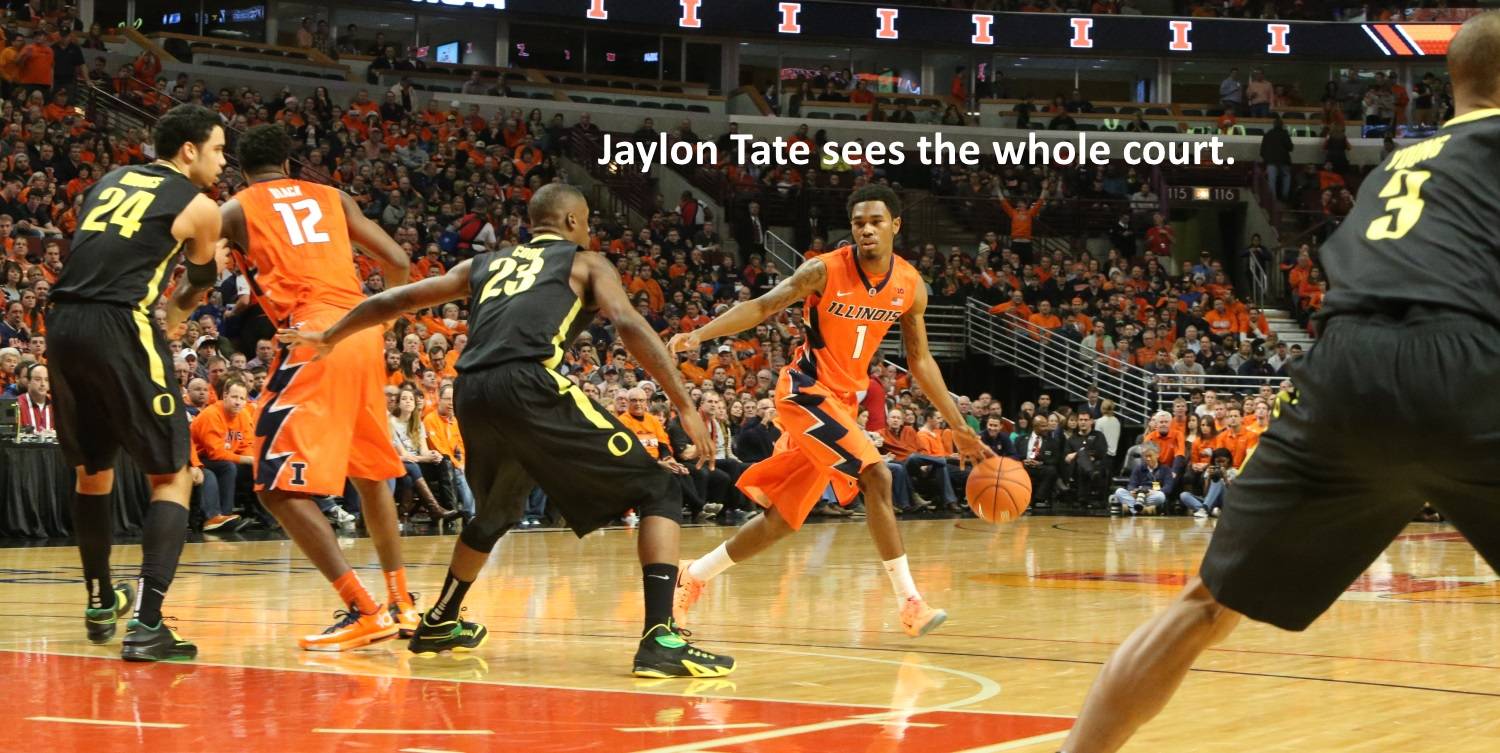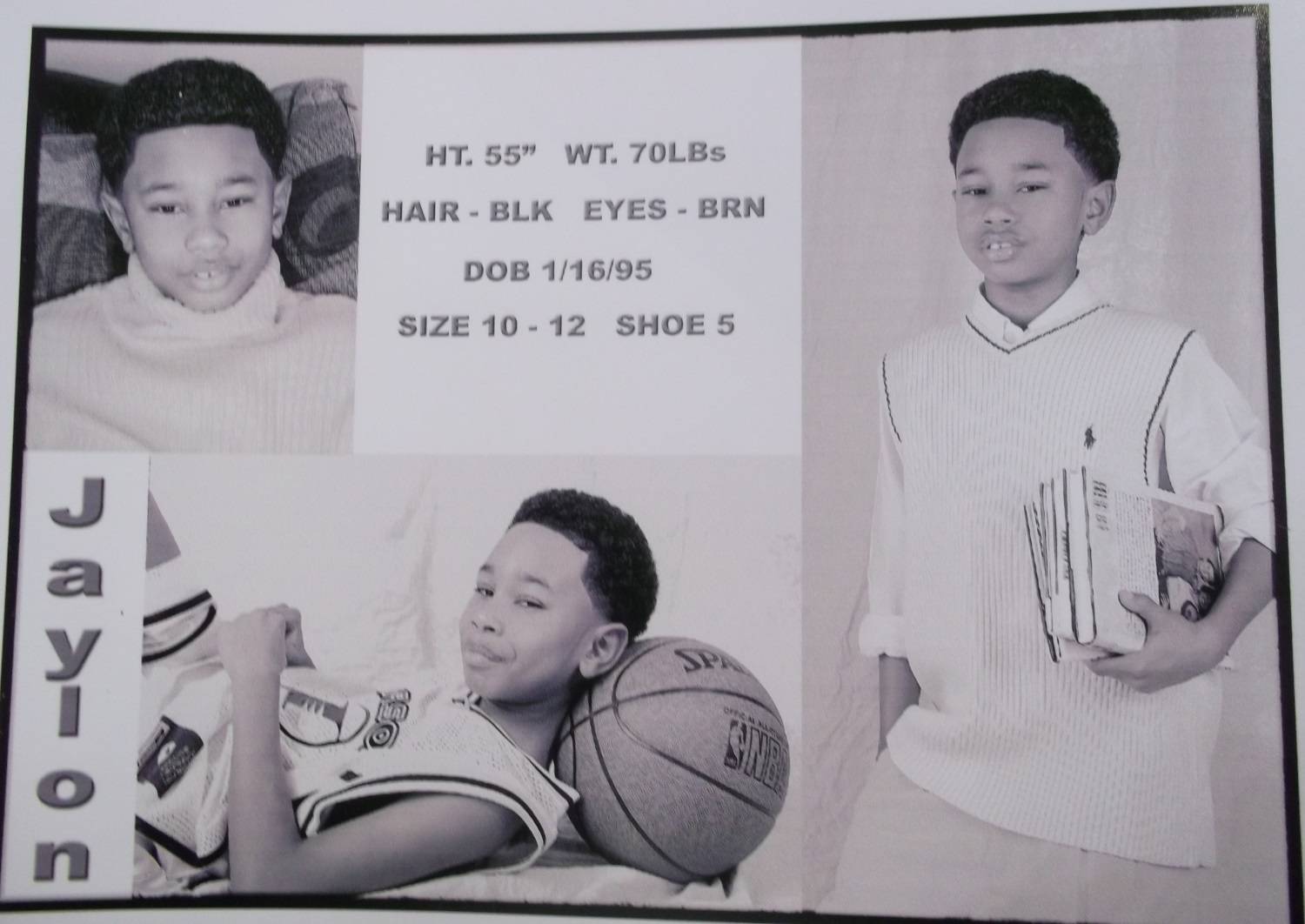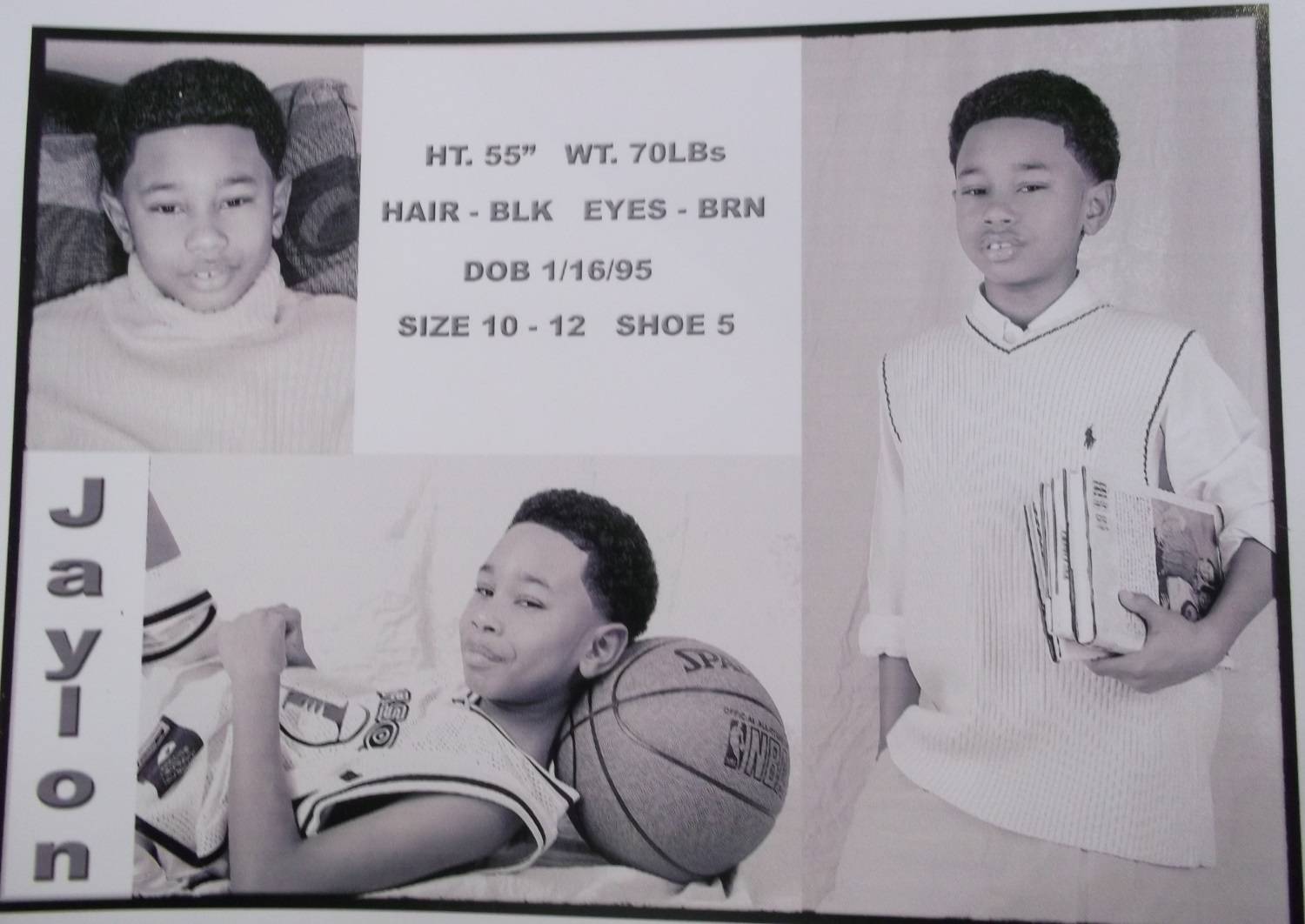This article was originally published on IlliniReport.info, and with Rob’s permission, we’re republishing it here.
I have a theory about the Jaylon Tate case. Specifically, I have a theory about its continued existence.
I assume the state’s attorney’s office, U of I and Champaign police departments have not dropped the case because doing so would start the clock on release of FOIA materials. As long as formal charges are pending, those materials remain privileged.
All three of those agencies have an interest in keeping Jaylon Tate’s police reports secret, for two reasons.
The main reason should be obvious: law enforcement is still investigating the case, whether in hopes of charging the real perpetrator, or to bring obstruction/false statements charges. The other reason is Kendrick Nunn’s arrest on similar charges, and how the Tate case might affect that investigation.
That’s speculation. Now, here are some facts: The victim was hit in the face, yes. Jaylon Tate didn’t do it. The victim did not want Jaylon Tate arrested.
Did she falsely claim that she had a relationship with Jaylon Tate? Probably not. We’d want to know the specifics: What exactly were the questions, and what precisely were her answers? They were never boyfriend and girlfriend, but as you’ll see below, Illinois law is murky, giving cops great leeway to charge domestic battery. In fact, because this particular Illinois statute gives cops an option to arrest without a warrant, it tacitly encourages them to make inferences about relationships.
All of that should be in the police report, which will be publicly available at some point.
Complicating the matter is the fact that the victim also didn’t want, and likely continues not to want the culpable party arrested. We’ll call that person C, for culpable.
The person who seems to have done the most communicating with the police is neither the victim nor C, but is closely acquainted with both of them. Perhaps she didn’t know she was giving false statements to the police. Perhaps she was merely naïve. We’ll call her N, for naïve.
Here’s what happened: The victim and C arrived at N’s apartment late at night. N saw the the victim had been injured, and naturally wanted to know what happened, to see justice served, etc.
To be clear, the preceding paragraph is not speculation. It’s not my theory. It’s fact.
Although I’m speculating about the mindset of the persons involved, and the state’s attorney’s delay in exonerating Jaylon Tate; I am not speculating about who punched the victim, nor who reported it to the police.
Now, let’s jump back in time. Earlier that night, as has been well documented publicly, two girls were asked to leave a party. One of those girls was the victim. Reports have already told you Tate was at the party.
So you can infer that Tate was a subject of discussion with those two girls. N was not one of these two girls. She enters the story only after the victim got hit in the face.
Add
- alcohol
- the very late hour
- the fact that the victim didn’t want to talk about what happened
and you can see why N was confused.
Much more important, however, is the fact that C was standing in the room while N demanded to know what happened. Did the victim tell N that Jaylon Tate punched her? Did C tell N that Tate was the perpetrator? Did neither the victim, nor C tell N that Jaylon Tate did it, only to have N conclude it was Jaylon after hearing a separate (and let’s assume hazily told) story of Tate telling them to leave the party?
(For what it’s worth, Tate was not — per any source queried on this question — the person that asked the girls to leave the party.)
Why would the victim cover for C? Perhaps it’s due to the chronic psychological condition which, in the old days, people called Battered Wives Syndrome. Now it’s been redefined as battered person syndrome, which is a lot more inclusive but sounds far less chilling.
It’s also possible that the victim simply felt as if she’d gotten the worse of a fight for which she was equally responsible, and didn’t feel it was right to press charges. Maybe that’s fair. It certainly doesn’t fall outside the parameters of BPS.
Does theory one suggest the victim and C were/are involved in a relationship of some description? Yes, it does, especially in the loosely defined sense contemplated by Illinois law, cited below.
N may or may not have known about this relationship. And if you’ve ever been a teenager in love, lust or infatuation, you can imagine how the victim felt about it. Does C really like me? Are we “officially” going out?
Talking to one player’s family this year, I remember a particular colloquy about modern dating: “They’ve been going out for 8 months, and (student-athlete) still doesn’t call (seemingly significant other) his girlfriend.”
Maybe C hit the victim out of jealousy, specifically because the victim wanted to attend a party at Jaylon Tate’s place. How would the victim respond, emotionally? Wow, C really cares about me! I should not have goaded C this way. Something along those lines sounds depressingly familiar.

All of this would be irrelevant except that the victim surely perceived something dire in the line of questioning from the cops. Can we assume that a kind, calm police officer explained to the victim — perhaps in the immediate presence of C and N — that a charge of domestic battery would remove of the perpetrator and/or require mandatory jail custody?
Illinois is not among the states that requires police to remove abusive husbands from any home investigated for a domestic disturbance. But Illinois specifically allows sworn officers to arrest suspected domestic offenders without a warrant.
(750 ILCS 60/Art. III heading)
ARTICLE III LAW ENFORCEMENT RESPONSIBILITIES (750 ILCS 60/301) (from Ch. 40, par. 2313-1)
Sec. 301. Arrest without warrant. (a) Any law enforcement officer may make an arrest without warrant if the officer has probable cause to believe that the person has committed or is committing any crime, including but not limited to violation of an order of protection, under Section 12-3.4 or 12-30 of the Criminal Code of 1961 or the Criminal Code of 2012, even if the crime was not committed in the presence of the officer.
The Illinois Domestic Violence Act of 1986 comes under the heading FAMILIES. But the text includes language which broadens its scope dramatically.The victim did know Jaylon Tate, yes. Do they have, or did they ever have the type of relationship that might spawn a charge of domestic battery under Illinois law?
(6) “Family or household members” include spouses, former spouses, parents, children, stepchildren and other persons related by blood or by present or prior marriage, persons who share or formerly shared a common dwelling, persons who have or allegedly have a child in common, persons who share or allegedly share a blood relationship through a child,persons who have or have had a dating or engagement relationship, persons with disabilities and their personal assistants, and caregivers as defined in Section 12-4.4a of the Criminal Code of 2012. For purposes of this paragraph, neither a casual acquaintanceship nor ordinary fraternization between 2 individuals in business or social contexts shall be deemed to constitute a dating relationship. In the case of a high-risk adult with disabilities, “family or household members” includes any person who has the responsibility for a high-risk adult as a result of a family relationship or who has assumed responsibility for all or a portion of the care of a high-risk adult with disabilities voluntarily, or by express or implied contract, or by court order.
Tate’s attorney Tom Bruno explained over the phone that he and I don’t have a dating relationship, because we’ve never had lunch together. But he asked rhetorically whether, if we’d had lunch three times, that might constitute a dating relationship?
Whatever benefits her friendship with Tate entailed, they did not include dinner and movies. All Illinois student-athletes eat lunch together at Memorial Stadium. Do they all have a dating relationship? Michael Finke and Leron Black slept in the same room for an entire year. Do they have a dating relationship?

I’m excluding at least three crucial details from this report. The most obvious is the victim’s name. Why? BECAUSE SHE’S THE VICTIM. She doesn’t deserve this article — or any story relating to this saga — to be a top search hit for future Googlers. Let that honor remain with stories of academic awards & accomplishments in the classroom.
The second detail might shed let light on why N was naïve, or why the victim chose reticence. It will become public if she wants it public. But it doesn’t bear any relationship to Jaylon Tate’s innocence, except perhaps to further cement it.
The third detail, like the second, involves the personal lives of young people. Attendees of Illini games appear, by and large, to be persons who grew up watching Ozzie & Harriett (and not in re-runs). Many were children in the Golden Age of Radio. They’re living in the age of Tinder, but they probably don’t know it. So I’m going to follow the example of Rule 403, perhaps the most famous (among lawyers) of the Federal Rules of Evidence.
I hope the victim is getting a lot of support and unconditional love from her family right now. She’s going through some difficult stuff.
THE BIGGEST QUESTION REMAINS
Returning to square one: Why was Jaylon Tate arrested? Did he have bruised knuckles?
The Illinois Domestic Violence Act of 1986 is not as stringent as state laws that require separation of domestic partners, but the arrest was clearly made in that spirit. The goal, as stated in the article linked above, is to allow a cooling off period, so the man doesn’t batter his wife to death in retaliation for calling the cops to their house.
But Jaylon Tate doesn’t share a house with the victim. He was not present. He was at a party, and later at a bar, in both cases among plenty of witnesses. He was not a threat to the victim.
Tate is famously friendly and good-natured. Along with Mike LaTulip, he’s the calming influence among his teammates and larger social group. In the Word Association game I played with the team two years ago, plenty of personality types were presented. Tate was chosen by his peers as Jokester and Playful. Not all the categories were so friendly.








